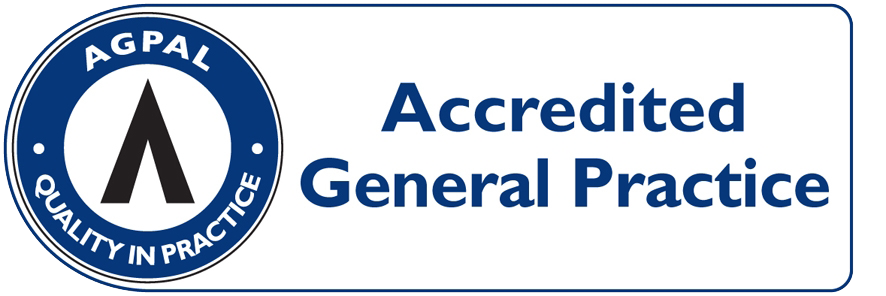Skin Health – One Point Medical
Fun in the sun requires diligence with sunscreen and covering up as promoted in the slip/slop/slap campaign.
For best practice health care, it is wise to have your skin checked annually for changes that you may not be aware of. Catching troublesome growths early can reduce risk and aid recovery from skin cancers, skin infections and dermatitis.
Unwanted or suspicious spots and lumps can be treated in the surgery, using cryotherapy (liquid nitrogen) or can be removed surgically under local anaesthetic by one of our skilled doctors in the specially designed procedure room.


